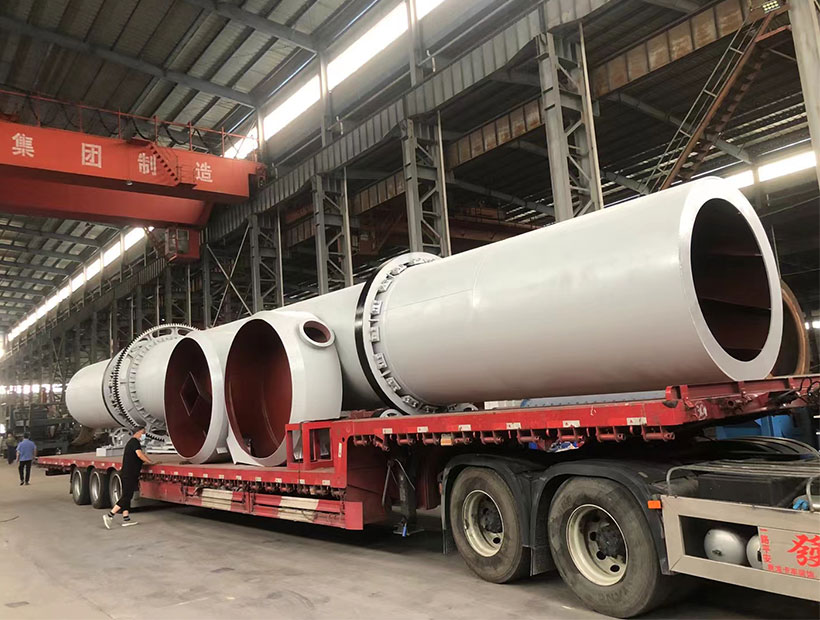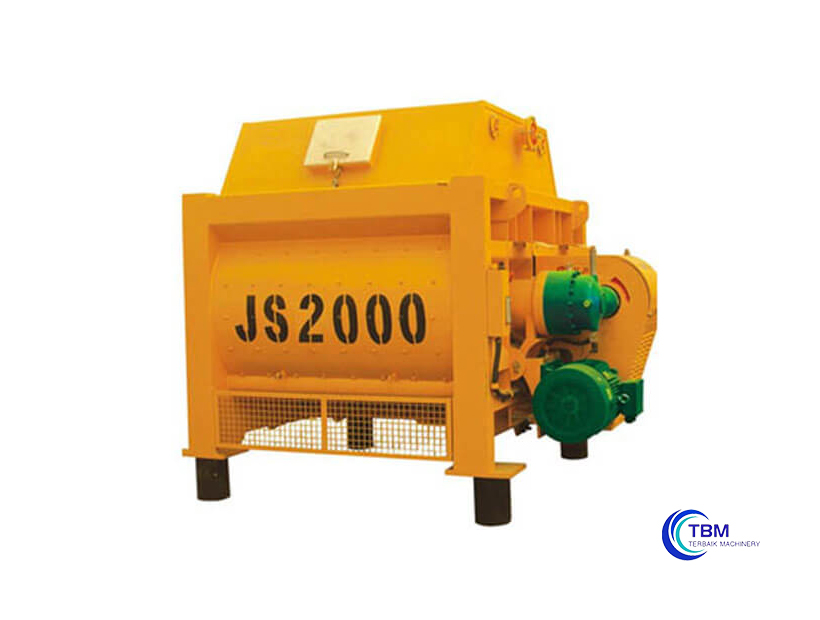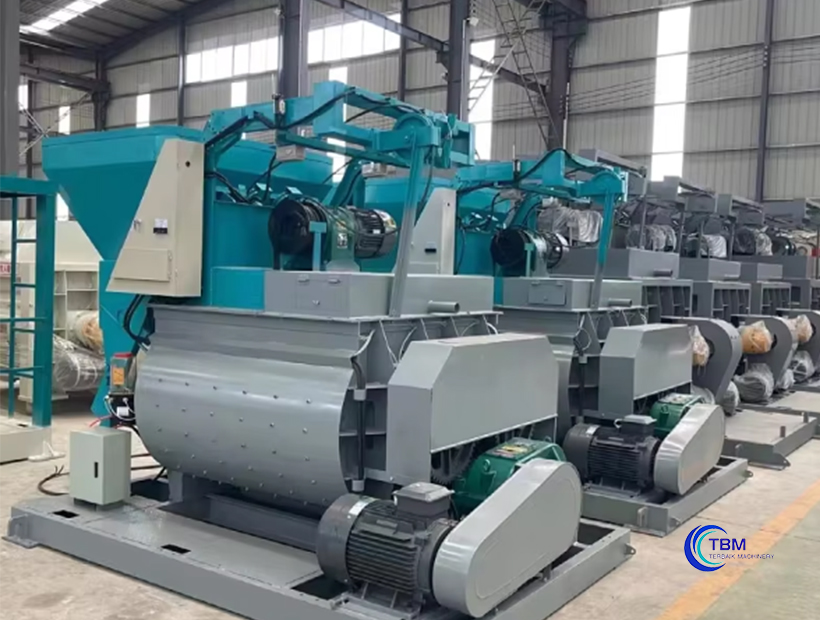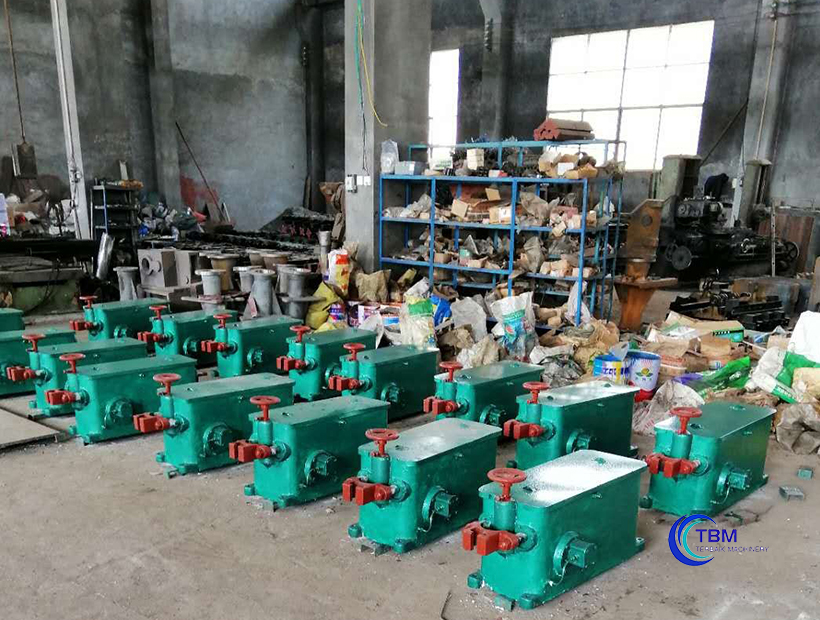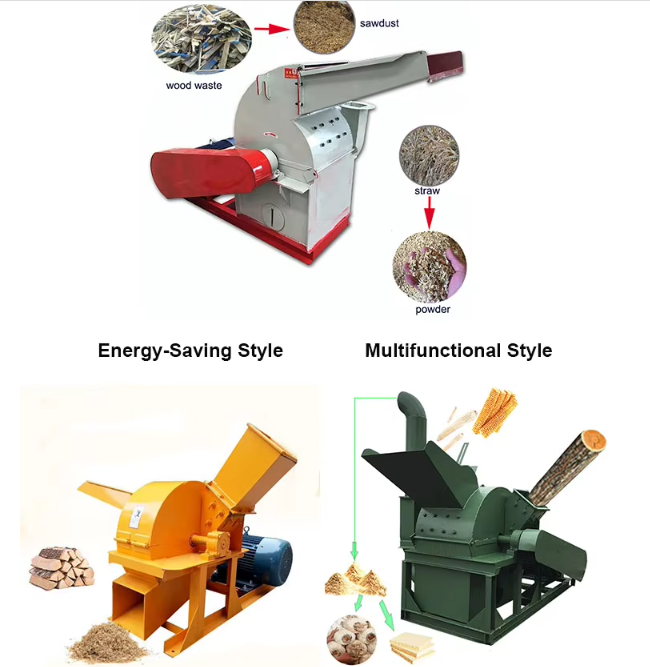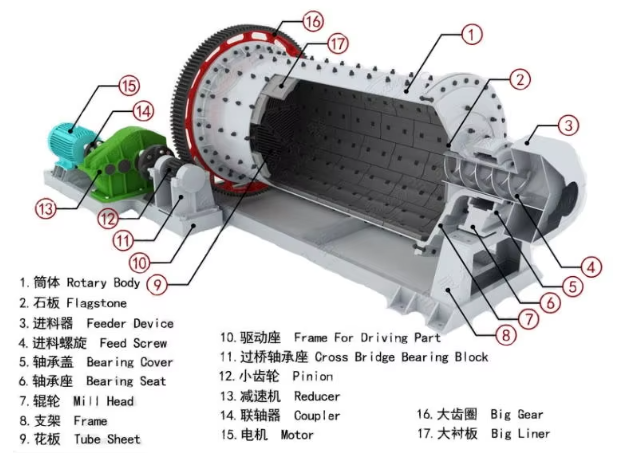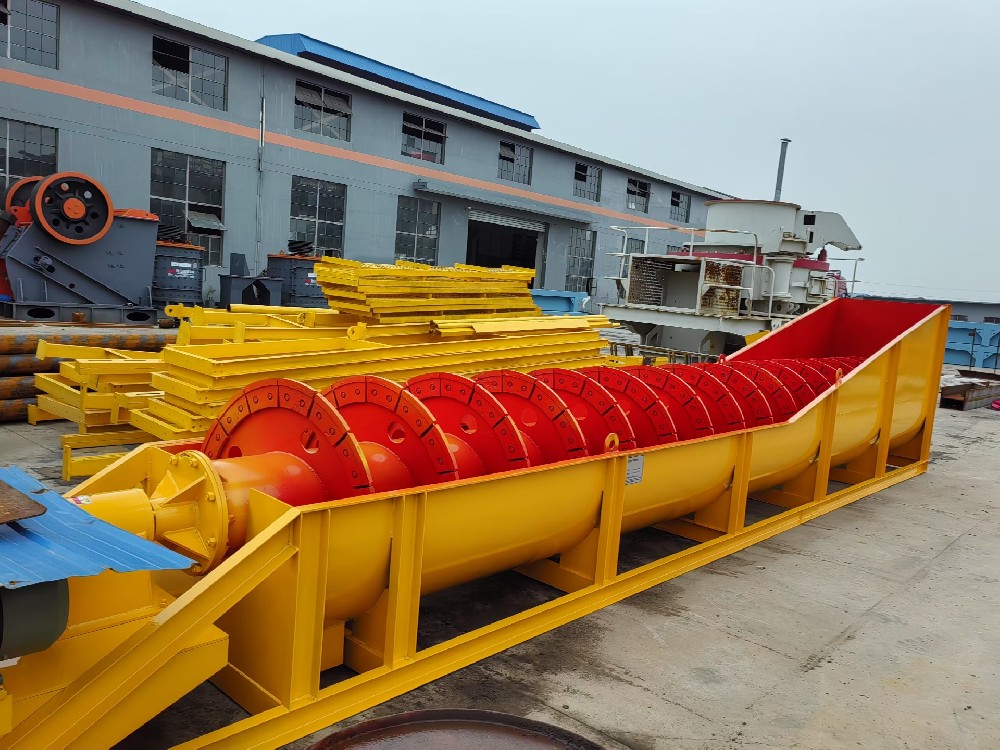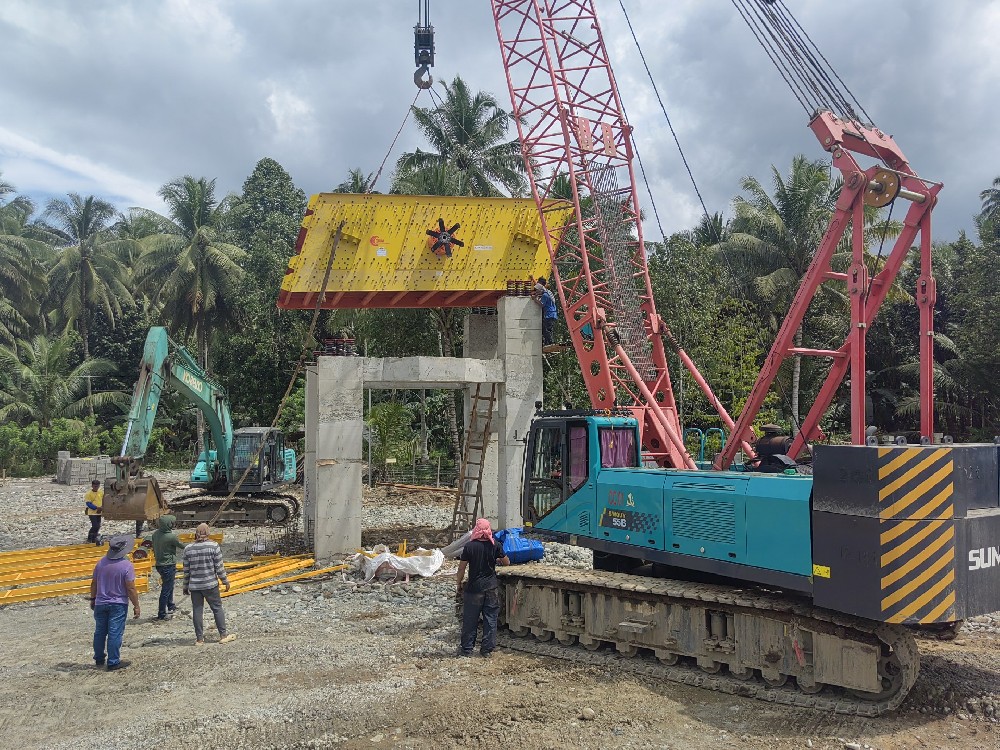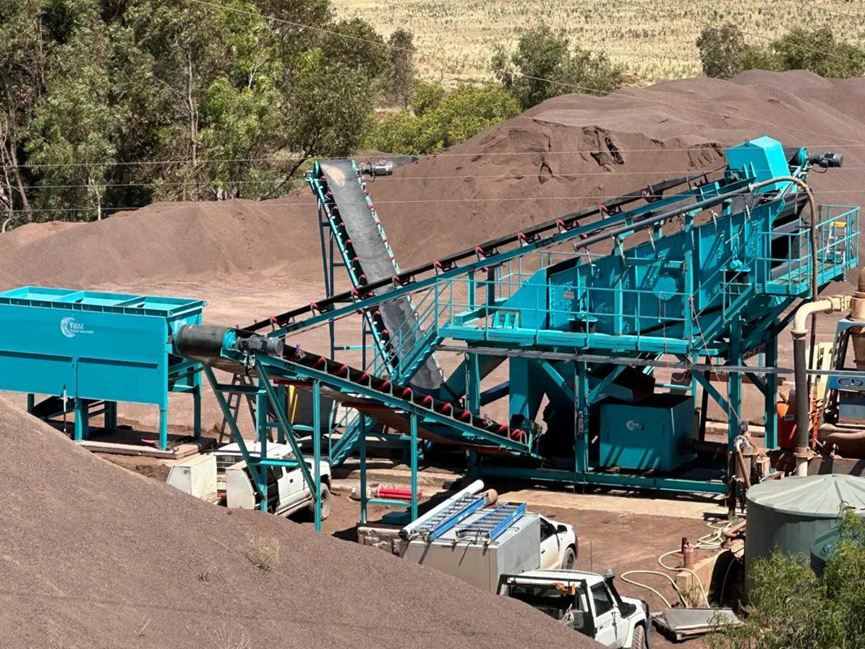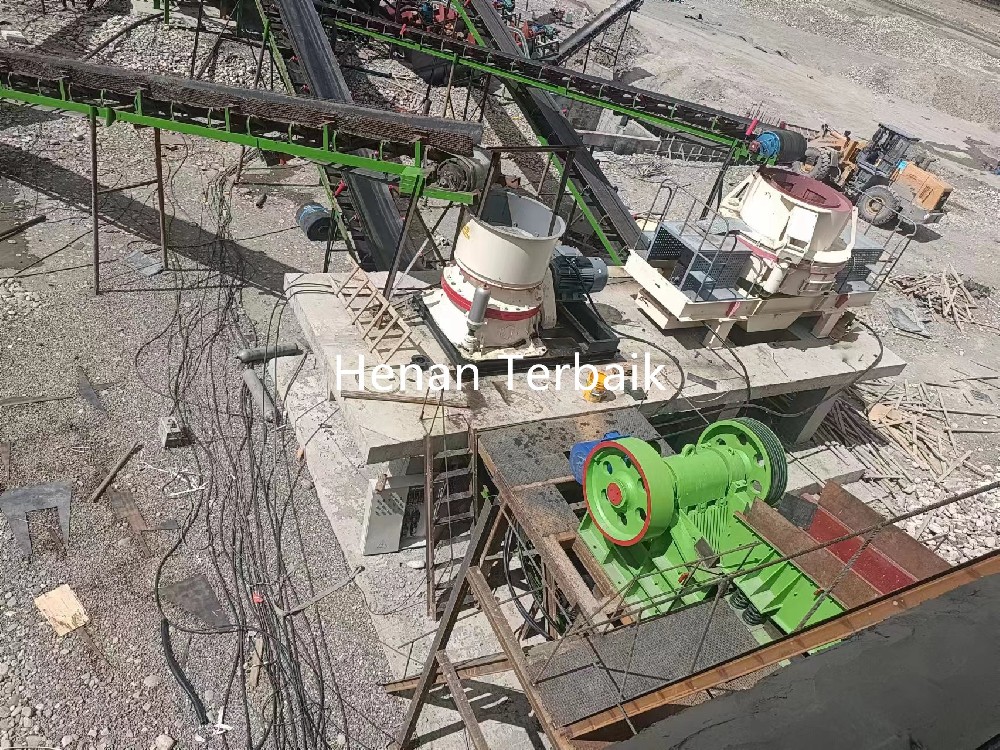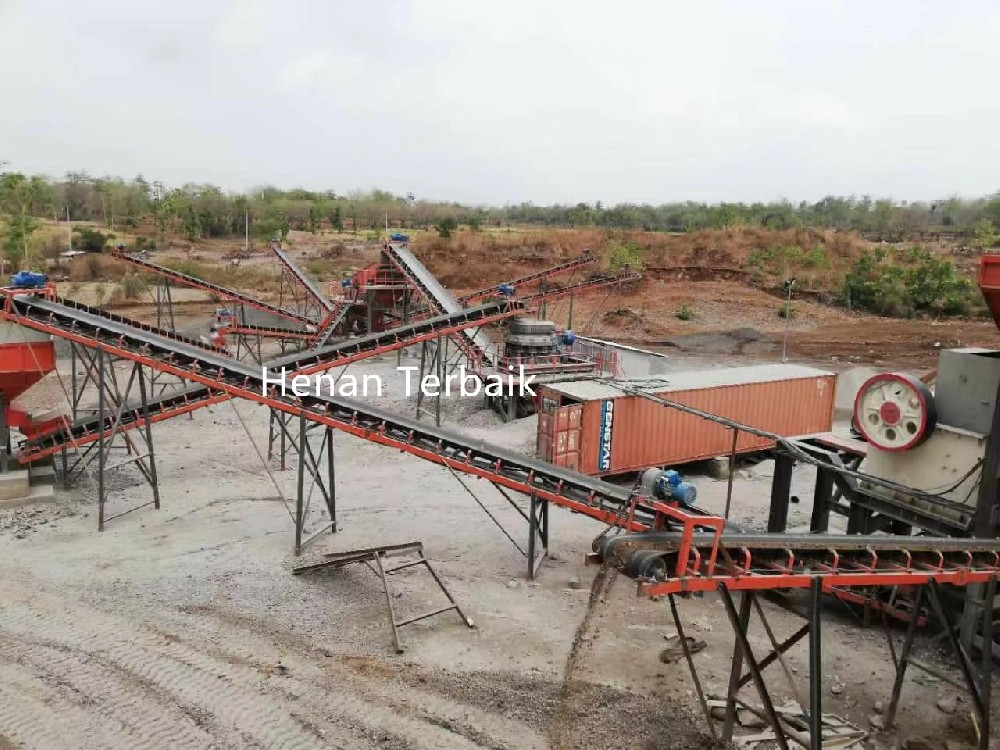Rotary dryers are indispensable pieces of equipment in various industrial processes. Known for their efficiency and versatility, these dryers are used to remove moisture from various materials. In this article, we will explore what rotary dryers are used for, how they differ from spray dryers, their disadvantages, and their maximum operating temperatures. This comprehensive guide, provided by Terbaikmachinery, aims to offer valuable insights into the functionality and applications of rotary dryers.
What is a Rotary Dryer Used For?
A rotary dryer is a type of industrial dryer used to reduce or minimize the moisture content of the material it is handling by bringing it into direct contact with a heated gas. Rotary dryers are widely used for the following applications:
Agriculture: Drying agricultural products such as grains, corn, and soybeans to prevent spoilage and reduce storage space.
Minerals and Mining: Drying minerals, ores, and mining residues. Rotary dryers are crucial in processing materials such as gypsum, limestone, and clay.
Chemical Industry: Drying chemicals, fertilizers, and other bulk solids to achieve desired product specifications.
Food Processing: Drying food products, such as powdered milk, coffee, and cocoa, to increase shelf life and ease of transport.
Pharmaceuticals: Drying pharmaceutical powders and granules to ensure they meet quality standards for moisture content.
What is the Difference Between a Rotary Dryer and a Spray Dryer?
While both rotary dryers and spray dryers are used to remove moisture from materials, they operate on different principles and are suited for different types of materials and applications.
Operation Principle:
Rotary Dryer: Uses a rotating drum and direct or indirect heat to dry materials through contact with hot air.
Spray Dryer: Atomizes a liquid feed into a fine spray, which is then dried quickly by hot air, resulting in a dry powder.
Suitable Materials:
Rotary Dryer: Ideal for solid, granular, or powdery materials with larger particle sizes, such as minerals, grains, and chemical compounds.
Spray Dryer: Best for liquid or slurry materials that need to be converted into fine powders, such as milk, coffee, and pharmaceutical suspensions.
Drying Time:
Rotary Dryer: Generally has a longer drying time due to the indirect contact and slower movement of materials through the drum.
Spray Dryer: Provides rapid drying, often in a matter of seconds, due to the fine atomization of the feed and immediate contact with hot air.
Product Quality:
Rotary Dryer: Produces more coarse and uniform products.
Spray Dryer: Produces fine, uniform powders with precise control over particle size.
Energy Consumption: Rotary dryers can be energy-intensive, especially when operating at high temperatures or with materials that have high moisture content.
Maintenance Requirements: The rotating drum and other mechanical components require regular maintenance to ensure efficient operation and prevent breakdowns.
Space Requirement: Rotary dryers can take up significant space, which may not be suitable for facilities with limited floor area.
Product Handling: Rotary dryers may not be suitable for materials that are heat-sensitive or prone to degradation when exposed to high temperatures.
What are the Disadvantages of a Rotary Dryer?
Despite their numerous benefits, rotary dryers do have some disadvantages:
What is the Maximum Temperature for a Rotary Dryer?
The maximum operating temperature for a rotary dryer largely depends on the material being dried and the construction of the dryer itself. Typically, rotary dryers can operate at temperatures ranging from 800°F to 1,200°F (427°C to 649°C). However, specialized rotary dryers can handle even higher temperatures if required by the process and material characteristics.
Conclusion
Rotary dryers are versatile and efficient solutions for drying a wide range of materials across various industries. Understanding their uses, differences from spray dryers, potential disadvantages, and operating temperatures can help in selecting the right equipment for your specific needs.
At Terbaikmachinery, we are committed to providing high-quality rotary dryers and other industrial drying solutions tailored to your requirements. For more information or inquiries about our products, please contact us




